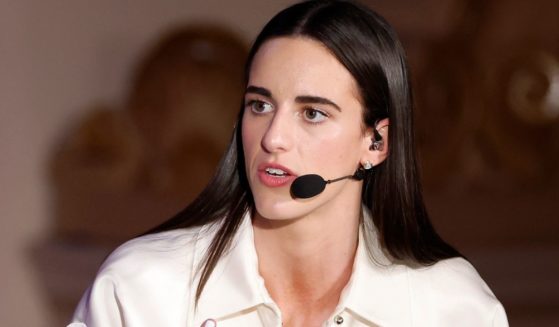Emails: Purdue executive cast blame on opioid victims
HARTFORD, Conn. (AP) — A member of the family that owns Purdue Pharma, maker of the painkiller OxyContin, cast blame on victims of the opioid epidemic in nearly 20-year-old emails, saying “abusers aren’t victims,” according to a court filing announced Tuesday in Connecticut.
The emails from Richard Sackler were made public through a complaint brought by Connecticut Attorney General William Tong, one of about 2,000 lawsuits that have been filed around the country against the Connecticut-based pharmaceutical giant.
Tong said the email exchanges show a disregard for human life.
“Purdue and defendant members of the Sackler family knew people were dying, but they continued to push their opioids in blind pursuit of profit,” he said in a statement.
In their tone and content, the emails are similar to other statements from Sackler that have been made public through legal fights with Purdue or its controlling family. Richard Sackler told people attending the launch party for OxyContin in the 1990s that it would be “followed by a blizzard of prescriptions that will bury the competition,” according to court documents filed earlier this year in a separate case brought by the Massachusetts attorney general. The Sackler family later asserted he was making a joke about a heavy snow storm.
Since then, Sackler said his thinking about addiction has evolved. In a deposition given in March in a separate case, he was asked by his lawyer about the emails from 2001, when he was company president. It was during a time when public concern about opioid addiction was growing and news outlets were reporting about pharmacy robberies by people seeking drugs.
Richard Sackler said in the deposition that he does not see addiction the same way now: “My views have evolved and changed,” he said.
A spokesman for Sackler provided a partial transcript of the deposition to The Associated Press. In it, Sackler told his lawyer, “I probably was quite emotional when I wrote e-mails at that time.” He said he was responding to emails sent to him “unprompted” by people who were not medical professionals.
“I overstated my agreement or my disagreement with each,” he said. “I said, I agree with you. I didn’t agree with her, but I just didn’t want to engage. It was just too painful.”
In one of the 2001 emails cited in the Connecticut complaint, Sackler was responding to an acquaintance who said he doubted any drug abuser who died of an overdose didn’t know the risks.
“Abusers aren’t victims; they are the victimizers,” Sackler responded.
In another exchange, the same person wrote to Sackler saying the public blames manufacturers and pharmacists, but never the users.
“Unfortunately, when I’m ambushed by ’60 Minutes,’ I can’t easily get this concept across,” Sackler responded.
About 1,500 of the lawsuits seeking to hold the drug industry accountable for the nation’s opioid addiction and overdose crisis are being overseen by a federal judge in Cleveland. The judge is pushing the parties to settle, even as the first trial in the case is scheduled for October.
The Connecticut lawsuit, like nearly all of those filed by state governments, is in a state court. An amended complaint was filed in April 22 but some parts of it, including Sackler’s emails, were kept secret under a judge’s order until Connecticut obtained permission to release the records.
Purdue, which has publicly discussed bankruptcy, settled in March with Oklahoma for $270 million ahead of a scheduled trial.
____
Mulvihill reported from Cherry Hill, New Jersey.
The Western Journal has not reviewed this Associated Press story prior to publication. Therefore, it may contain editorial bias or may in some other way not meet our normal editorial standards. It is provided to our readers as a service from The Western Journal.
Truth and Accuracy
We are committed to truth and accuracy in all of our journalism. Read our editorial standards.












